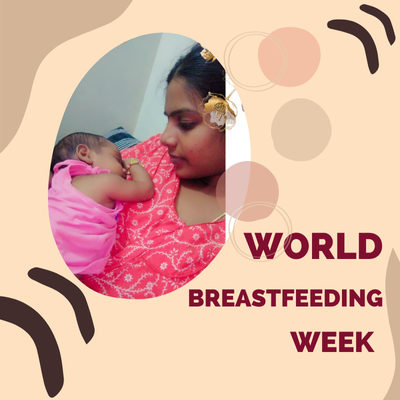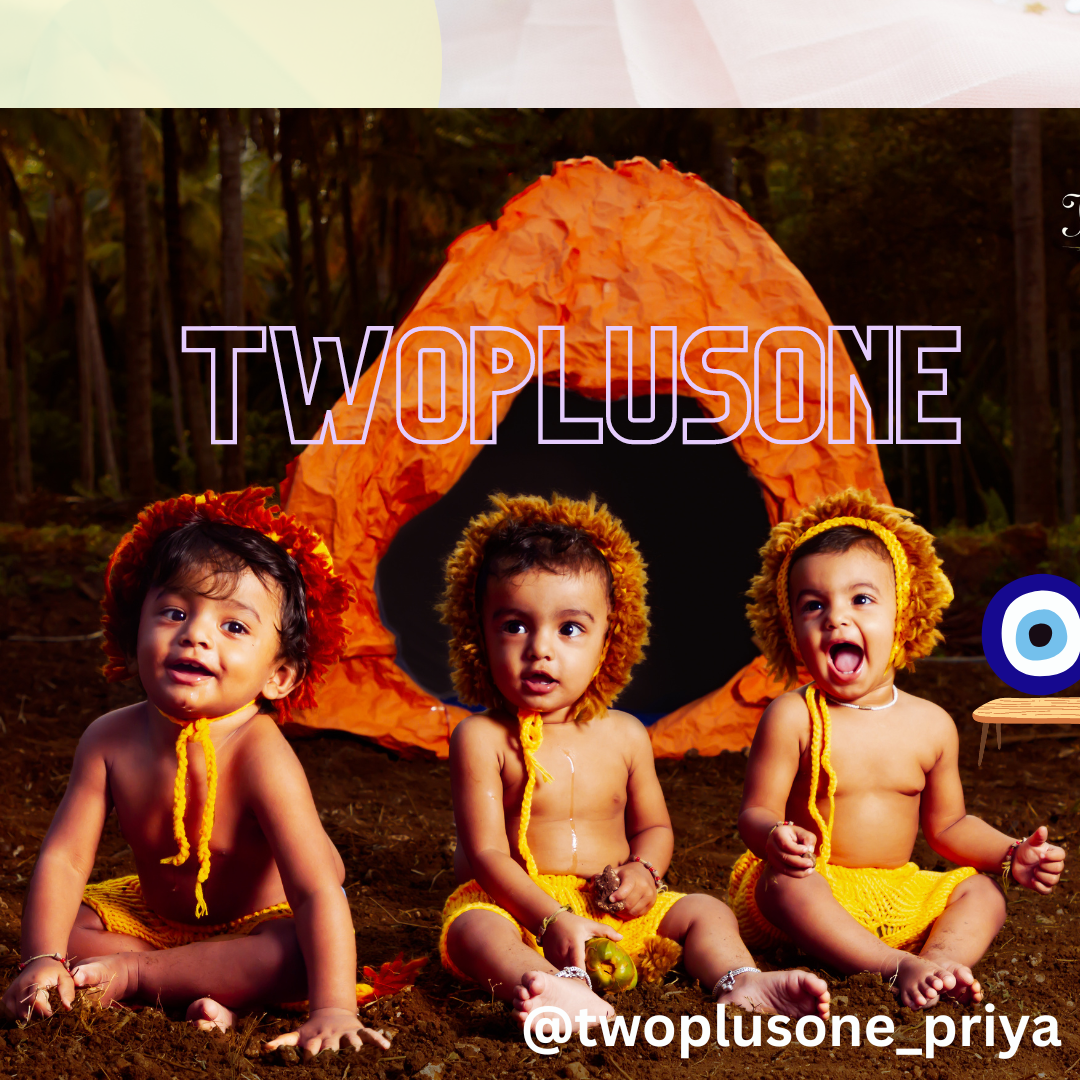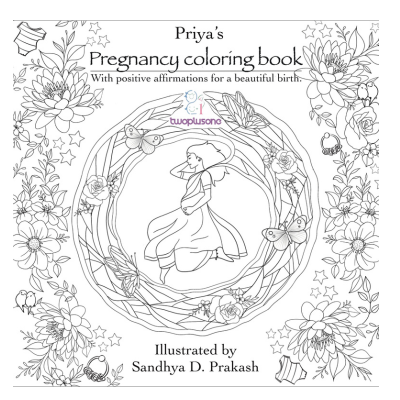
The Emotional Connection: More Than Just Milk
Breastfeeding is often seen primarily as a means of providing essential nutrients to your baby, but it is so much more than that. The act of breastfeeding releases oxytocin, often called the "love hormone," which enhances the emotional bond between mother and baby. This hormone not only aids in milk ejection but also creates a feeling of calmness and emotional connection, making breastfeeding a time of deep bonding and nurturing.
For new mothers, this connection can be a source of comfort and reassurance. The intimate skin-to-skin contact during breastfeeding sessions creates a secure environment for the baby, fostering a sense of safety and trust that lays the foundation for a healthy emotional development.
The Science of Breast Milk: Tailored Nutrition
One of the marvels of breast milk is its ability to adapt to your baby’s needs. It’s a dynamic, living substance that changes its composition as your baby grows. For instance, the colostrum produced in the first few days after birth is packed with antibodies and white blood cells, crucial for the newborn’s immune system. As the baby grows, the milk evolves to provide the right balance of fats, proteins, and vitamins, tailored perfectly to the baby's developmental stage.
This tailored nutrition is something no formula can replicate. It’s nature’s perfect design, ensuring your baby gets exactly what they need at every stage of their early life.
Health Benefits for the Baby: Building a Strong Foundation
Breast milk is often called "liquid gold" for a reason. It is packed with nutrients and antibodies that help protect your baby from common illnesses like ear infections, respiratory infections, and digestive issues. Studies have shown that breastfed babies have a lower risk of developing asthma, allergies, and type 2 diabetes later in life. The long-chain fatty acids in breast milk also play a crucial role in brain development, setting a strong foundation for cognitive growth.
Furthermore, breastfeeding helps regulate a baby’s appetite, reducing the risk of childhood obesity. The act of breastfeeding itself encourages healthy eating patterns as the baby learns to self-regulate their intake based on their hunger cues.
Health Benefits for the Mom: Nature’s Way of Nurturing You
While the benefits for the baby are well-known, breastfeeding also offers numerous advantages for the mother. It aids in postpartum recovery by helping the uterus contract, which reduces postpartum bleeding and helps the body return to its pre-pregnancy state more quickly. Additionally, breastfeeding burns extra calories, which can assist in losing pregnancy weight naturally.
Beyond physical health, breastfeeding has been linked to a reduced risk of certain cancers, such as breast and ovarian cancer. It also lowers the risk of osteoporosis later in life. Emotionally, the act of breastfeeding can be incredibly empowering, providing a sense of fulfillment and connection to your child.
Overcoming Challenges: A Personal Journey
Breastfeeding isn’t always easy, and it’s important to acknowledge that every mother’s journey is unique. Challenges such as latching difficulties, low milk supply, or physical discomfort can make breastfeeding stressful. However, with the right support and guidance, many of these challenges can be overcome.
Seeking advice from lactation consultants, joining breastfeeding support groups, or simply talking to other mothers who have gone through similar experiences can be incredibly helpful. Remember, there’s no one-size-fits-all approach to breastfeeding, and it’s essential to find what works best for you and your baby.
Creating a Breastfeeding-Friendly Environment
One key to a successful breastfeeding journey is creating a supportive environment, both at home and in public spaces. At home, ensure you have a comfortable, quiet place for nursing, where you can relax and bond with your baby without distractions. In public, advocating for breastfeeding-friendly spaces and educating others about the importance of breastfeeding can help normalize this natural practice.
Partners and family members also play a crucial role in supporting breastfeeding mothers. Encouragement, understanding, and practical help, like taking care of household chores or bringing the baby for night feedings, can make a significant difference.
Conclusion: Embrace the Journey
Breastfeeding is a profound journey that offers unparalleled benefits for both mother and child. It’s a time of nourishment, bonding, and personal growth. While it may come with its challenges, the rewards—both physical and emotional—are well worth the effort. Embrace this journey with an open heart, knowing that you are providing your baby with the best start in life while also nurturing yourself in ways that will resonate for years to come.
















